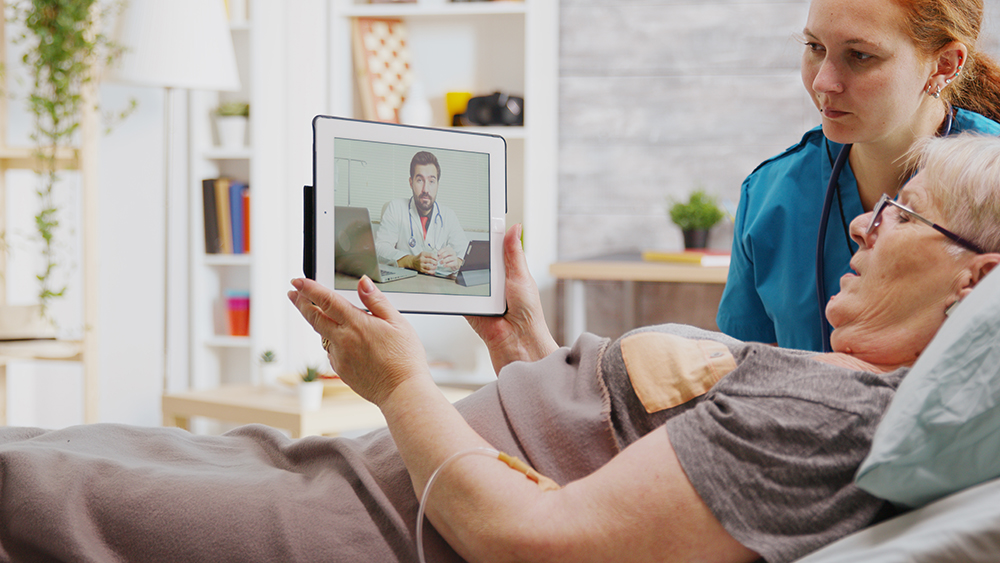Humanizing the Healthcare System: Putting Patients at the Center of Care
The healthcare system plays a critical role in promoting well-being and consequently providing necessary medical services. However, at times, it can feel impersonal, bureaucratic, and detached from the needs of patients. To address these challenges, there is a growing need to humanize the healthcare system. Humanizing healthcare involves shifting the focus from the disease to the person, placing patients at the center of care, and hence creating a compassionate and patient-centered environment. In this article, we will explore various strategies and initiatives that can be implemented to humanize the healthcare system and overall improve patient experiences.
Enhancing Communication and Patient-Provider Relationship
Effective communication is the foundation of a humanized healthcare system. Healthcare providers should actively listen, empathize, and engage with patients. This includes fostering open and honest conversations, explaining medical information clearly and understandably, and significantly addressing patient concerns and questions. By involving patients in decision-making and care planning, virtual healthcare providers can empower individuals to actively participate in their healthcare journey.
Fostering Compassion and Empathy
Compassion and empathy are essential qualities that contribute to humanizing healthcare. Healthcare professionals should not only treat patients’ physical ailments but also provide emotional support and understanding. This can be achieved through training programs that focus on developing empathy and patient-centered care skills. Creating a supportive and caring environment for patients, where their emotional needs are acknowledged and respected, helps build trust and strengthens the overallpatient-provider relationship.
Respecting Patient Dignity and Autonomy
Respecting patient dignity and autonomy is crucial in humanizing healthcare. Healthcare providers must recognize and honor patient rights, including their right to make informed decisions about their healthcare. This involves upholding privacy and confidentiality, seeking informed consent, and ensuring cultural competence. By avoiding discrimination, promoting inclusivity, and acknowledging individual beliefs and values, healthcare providers can create a safe and respectful environment for all patients.
Patient Education and Empowerment
Patient education plays a vital role in humanizing healthcare. Providing clear and understandable health information equips patients with the knowledge they need to make informed decisions about their health. Healthcare providers should engage in effective health communication, using plain language and visual aids to enhance understanding. Empowering patients to actively participate in their healthcare includes providing them with the tools and resources to manage their health, promoting self-care practices, and finally, emphasizing preventive measures.
Reducing Wait Times and Improving Access
Long wait times can be frustrating, especially contributing to patient dissatisfaction. Humanizing healthcare involves minimizing wait times for appointments, tests, and procedures. This can be achieved by implementing efficient appointment scheduling systems, optimizing workflow processes, and utilizing technology to streamline administrative tasks. Additionally, improving access to healthcare services, particularly for marginalized populations, is crucial in humanizing healthcare and ensuring equitable care for all.
Continuity of Care and Care Coordination
Continuity of care and care coordination are essential elements of a humanized healthcare system. Seamless transitions and effective communication between healthcare providers consequently leads to providing coordinated and comprehensive care. Sharing medical information through electronic health records and fostering collaboration among providers help avoid unnecessary duplication of tests and procedures. A patient-centered approach to care continuity ensures that patients receive consistent and well-coordinated care, therefore promoting better health outcomes.
Leveraging Technology for Humanizing Healthcare
Technology can be a powerful tool in humanizing healthcare. Telemedicine and virtual care enable convenient access to healthcare services, particularly for individuals with limited mobility or in remote areas. Electronic health records streamline information sharing and reduce errors. Mobile health applications empower patients to actively manage their health, track symptoms, and access educational resources.
Humanizing Healthcare With VitaVia Telemedicine
Vita Via Telemedicine is a cutting-edge telehealth platform that connects patients with highly qualified healthcare providers while providing secure and convenient virtual appointments.
With Vita Via Telemedicine, you can experience the benefits of timely and accessible healthcare from the comfort of your own home. Whether you’re seeking medical advice for a non-emergency condition, need a prescription refill, or require follow-up care, then consider our platform’s range of services for your needs.











